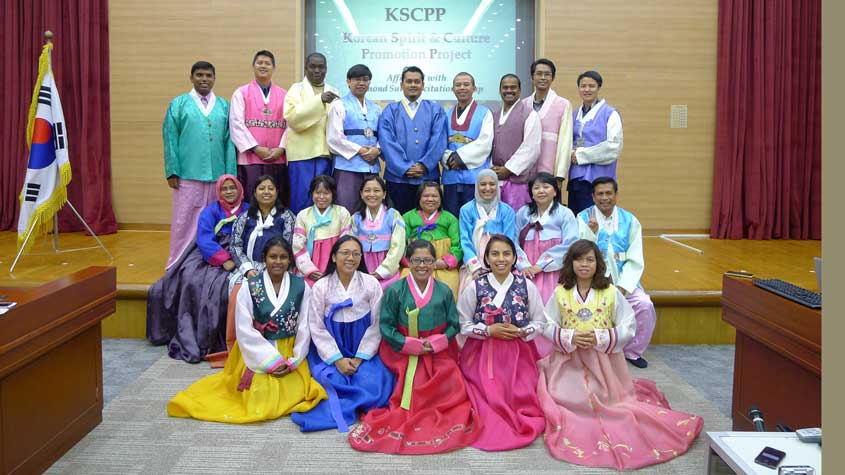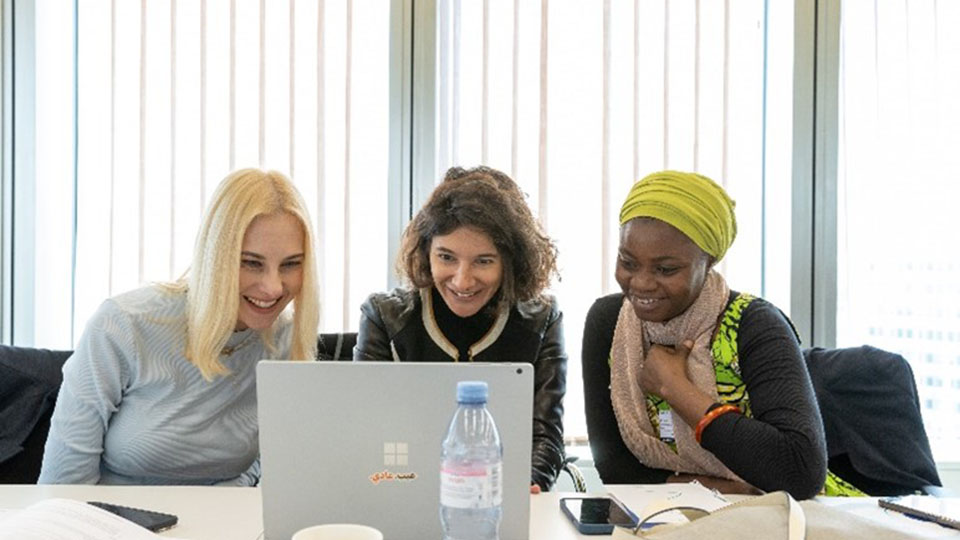WIPO and the Korean Intellectual Property Office (KIPO) share a common vision to promote the benefits of intellectual property (IP) for developing countries, least-developed countries (LDCs), and countries in transition. Working towards this goal, Funds-in-Trust Korea (FIT/Korea) provides robust support through technical assistance and capacity-building initiatives, fuelling innovation and fostering a path toward sustainable development.
The government of Korea made its voluntary contribution to WIPO, which established the FIT Industrial Property in 2004 and IP Education in 2011. The total contribution amounts is approximately 14.8 Million CHF.

Republic of Korea Funds-In-Trust for Intellectual Property Education








